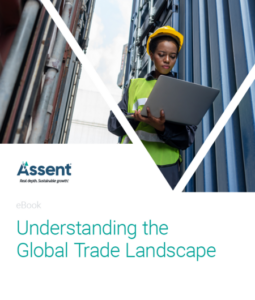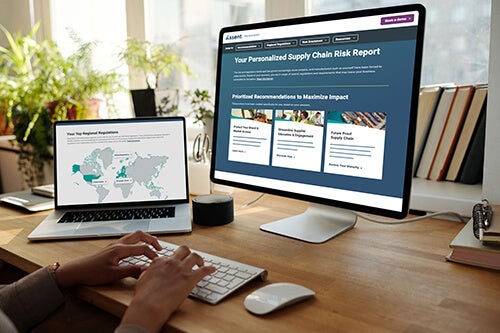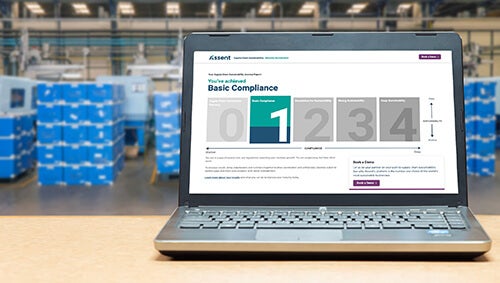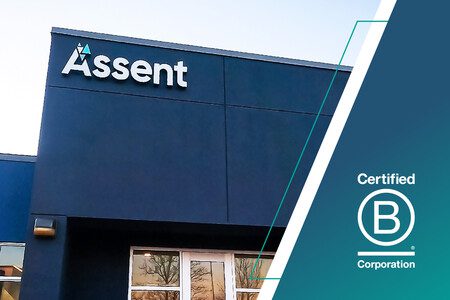Environmental, social, and governance (ESG) has quickly become a hot-button topic, both for manufacturers and for workers. Not only is ESG reporting a moral imperative, but it’s a good business practice. Millennials and Gen Z workers in particular are attuned to ESG issues and how they affect both current and potential workplaces.
It’s therefore important to understand what ESG is at its highest level, what supply chain ESG is, and why manufacturers should be beginning their ESG journey with their supply chain.
What Is ESG?
At its highest level, ESG covers three types of issues: Environmental, Social, and Governance. These issues affect both a business’s internal makeup and external effects. While these are non-financial factors, they are directly connected both with company growth and risk factors.
At their most basic level, these issues concern both a company’s internal dynamics and its external footprint. They also encompass how manufacturers do business and how that business affects the world.
Environmental issues encompass everything that has to do with a company’s impact on the environment and the sustainability of its operations. Emissions, climate change, and a manufacturer’s overall carbon footprint can be addressed through ESG. It can also cover use of materials, land and water, as well as pollution and waste responsibilities. Consideration must be given to indirect effects that occur upstream or downstream, such as greenhouse gas emissions from product use or a company’s supply chain activities, sometimes referred to as Scope 3 emissions.
Social issues cover how an organization’s activities – everything from hiring workers, to sourcing goods – impact both internal workers and the global community. At the highest level, social issues can incorporate workplace diversity, in addition to issues like safe working conditions, fair compensation, employee and consumer data privacy, whistleblower protections, forced or child labor, and conflict minerals.
Governance largely relates to a manufacturer’s internal governance structure, including how rights and responsibilities are distributed within an organization. How an organization governs itself, meets stakeholder needs, discloses information, enforces company policies and standards, and complies with the law are just a few ways this ties into ESG overall.
What Is Supply Chain ESG?
Digging deeper, manufacturers will find supply chain ESG more relevant and helpful to focus on. For many industry verticals, the majority of a manufacturer’s ESG footprint is hiding deep within their supply chain, not as a result of direct operations. Therefore, creating programs and solutions directly tied to the supply chain can lead to the most impactful results.
Supply chain ESG is an approach that accounts for the entire footprint of your operations. It means seeing deep into the supply chain to understand where materials come from, whose hands touch those materials, and the journey they take from around the world to reach processing at your sites.
Additionally, focusing on supply chain ESG gives a manufacturer greater insight into where and how materials are sourced. For example, a supply chain ESG framework allows a manufacturer to make sure materials aren’t produced with child labor, don’t utilize conflict minerals, and don’t negatively impact environmental sustainability. In that way, effective supply chain ESG solutions allow a manufacturer to both positively affect the world around them and mitigate risk by anticipating where future supply chain shortages or redesigns may occur.
Effective ESG programs can help manufacturers recruit and retain top talent. Learn how in this blog from Assent’s Director of Corporate Responsibility.


The Ultimate Guide to Global Trade Compliance
Customs authorities in key markets are using technology to get smarter and faster about enforcement and audits. To keep up, manufacturers need to know how to quickly get trade compliance data from their suppliers. Learn how with Assent’s Understanding the Global Trade Landscape eBook:
- Reduce your risk of audits, fines, and contract loss
- Streamline collection of trade data like country of origin, HTS codes, and more
- Take advantage of free trade agreements to boost profits











